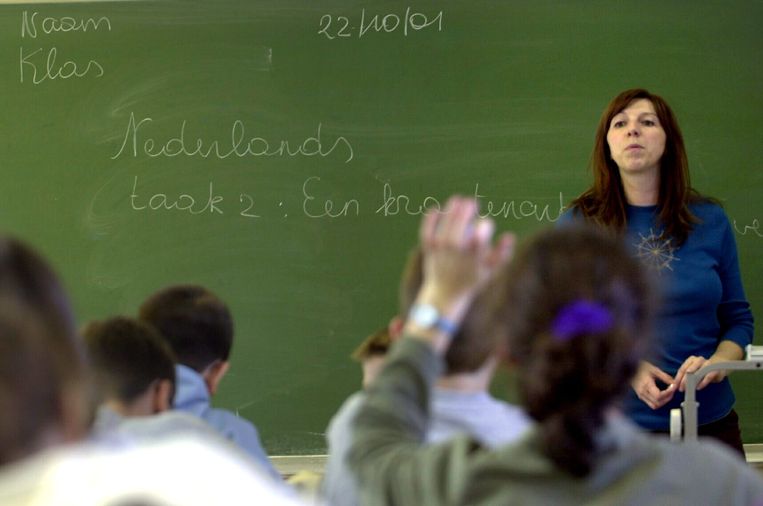Flemish Minister of Education Ben Weyts (N-VA) wants to hire hundreds of extra teachers in an effort to mitigate the effects of what educators see as a learning deficit caused by the coronavirus and subsequent school closures.
Weyts also wants to strengthen schools’ Student Guidance Centres (CLBs) as part of efforts to bolster the mental health of students.
“We are going to make sure that positive things come out of that terrible corona crisis,” Weyts said.
“Problems of learning disadvantage and mental well-being at school are anything but new, but during the coronavirus crisis, they came to the forefront more than ever. We are now going to tackle these challenges structurally in the coming school years.”
The Minister’s recovery plan will have two main focal points: learning support and better support for mental well-being at school.
In order to eliminate the learning backlog, hundreds of extra teachers are needed on a structural basis, Weyts says.
Therefore, the Flemish Government is investing an extra €10 million per month in the school year 2021-2022 in order to provide 2,000 additional full-time teachers.
On top of that, as of next school year and the following school years, there will be an additional €27 million towards deploying 540 additional full-time employees for the most vulnerable pupils, those who are most likely to suffer from a learning disadvantage.
Weyts is also allocating €27 million towards efforts to improve mental well-being at school, hoping to better fund CLBs so that they can continue to support pupils, parents and schools in the aftermath of the health crisis.
Since the outbreak of Covid-19, the CLBs have taken on the role of contact tracing within the education sector, but as of next school year, they must be able to resume their role as pupil counsellor, Weyts says.
The CLBs’ digital platform will be expanded so that more high-quality assistance can be provided online.
Additionally, a new digital tool will be introduced to enable all care coordinators and pupil supervisors to measure the well-being of all pupils every year on the basis of a scientifically substantiated questionnaire.
Because of the global pandemic, many schools had to close temporarily and pupils and teachers were forced to use distance learning.
It was not until last Monday that second and third year secondary school pupils could go back to school full-time.
The Brussels Times

